It’s always promising when the orchestra won’t fit on the stage. For the UK première, some 97 years after it was written, of the Danish composer Rued Langgaard’s Sixth Symphony (The Heaven-Rending), the BBC Scottish Symphony Orchestra filled every available inch of platform space, with four additional trumpeters perched in the choir seats. Everything was set for what the conductor Thomas Dausgaard described, pre-concert, as a ‘cosmic struggle between good and evil’. And god knows, it certainly made a fantastic noise. In a venue as compact as Glasgow City Halls, the onslaught of two sets of timpani had an almost physical impact. You felt the air wobble. Dausgaard had clearly thought closely about this single-movement symphony; building the tension, pacing the climaxes, inflecting pastoral string melodies with a questioning lilt.
And? Well, it sounded a lot like Carl Nielsen, a little like Richard Strauss, and very slightly like the wackier sort of Holst. Did it sound like Langgaard? I’m still not 100 per cent sure. Langgaard (1893–1952) is what you might call a cult composer, and like many cult composers he has a way of resembling lots of other people without, at the same time, sounding like anything you can quite put your finger upon. Dausgaard clearly hears something distinctive; but then cults tend to attract passionate devotees. In some instances, where a bona fide genius has ended up on the wrong side of history — such as the Viennese romantic and reluctant film composer Erich Korngold — that zeal is spectacularly justified.
More often, though, they’ve kept a toehold in the repertoire, and it’s a question of whether they deserve more. Bax’s gloriously ripe symphonic poems have never quite fallen into neglect: his symphonies still await their moment. Then there are outsider artists such as Havergal Brian, who had a bus named after him in Brighton, but whose music is practically unplayed in the UK. And there are true eccentrics like Leif Segerstam, the contemporary Finnish conductor-composer whose (at a recent count) 309 symphonies have names like Strawberrylic Surfings During Carnavaltime and Summery Screamings and whose double harp concerto (sorry, Naturevisions for 2 Harps in Orchestral Emballages) is the only piece I’ve ever witnessed being literally laughed offstage.
Sounds like fun, no? But that’s a common problem with cult composers. Everyone loves a neglected genius, and when a composer starts stacking up the extra brass and bestowing titles such as Antichrist (Langgaard’s only opera), you expect something sensational. Bring it on, you think. Let the freak-out commence! Langgaard’s biography reinforces the legend. His huge, precociously Straussian First Symphony caused a sensation in 1913, when he was just 19. It was downhill from there, and he ended his days as an organist in semi-rural Ribe, far from Copenhagen, still turning out vast unperformed scores and railing bitterly against his one-time hero Nielsen, whom he believed had usurped his rightful place as Denmark’s top symphonist. ‘If it absolutely always has to be Carl Nielsen, well, then we can also do it my way,’ he scribbled on the manuscript of the Sixth Symphony.
But if Langgaard’s way isn’t Nielsen’s, this symphony struck me as fatally close to it. There’s that same bracing energy: those elemental surges of sound, and the sense of space that was so noticeable when Dausgaard conducted Langgaard’s Music of the Spheres at the Proms in 2010. What it doesn’t have is a consistent flow of ideas as arresting as anything in its avowed model, Nielsen’s Inextinguishable symphony. It’s no good announcing that you’re about to rend the heavens if the result would fit comfortably into Classic FM’s Sunday afternoon schedule. To paraphrase Top Gun, Langgaard’s ambition writes cheques that his inspiration can’t cash.
Don’t get me wrong. It’s easy to love Langgaard’s Sixth. The heart has its reasons, and if you like thunderous post-romantic affirmation there’s lots here to enjoy. Any halfway-competent BMus, meanwhile, will probably be able to demonstrate that technically speaking, it’s a masterpiece. But that’s not quite enough. However colourful Langgaard’s personality might have been in life — and what contrarian couldn’t warm to a man who founded a Boring Music Society? — to me, this music simply doesn’t convey enough of it.
Whatever: Dausgaard conducted it magnificently, and this taut, passionate performance was broadcast live on Radio 3. Earlier in the week, Dausgaard and the BBCSSO had recorded Langgaard’s Fourth Symphony (Leaf-Fall) and the prelude to Antichrist, also for future broadcast; the whole adding up to a sort of mini-festival. That seems to me the best possible way to make the case for a composer who’s certainly worth hearing but whose music, in the last analysis, probably isn’t destined to have much of a life outside of record collections. And if there’s a better justification for funding an orchestra from the BBC licence fee, I can’t think of one.
Got something to add? Join the discussion and comment below.
Get 10 issues for just $10
Subscribe to The Spectator Australia today for the next 10 magazine issues, plus full online access, for just $10.
You might disagree with half of it, but you’ll enjoy reading all of it. Try your first month for free, then just $2 a week for the remainder of your first year.

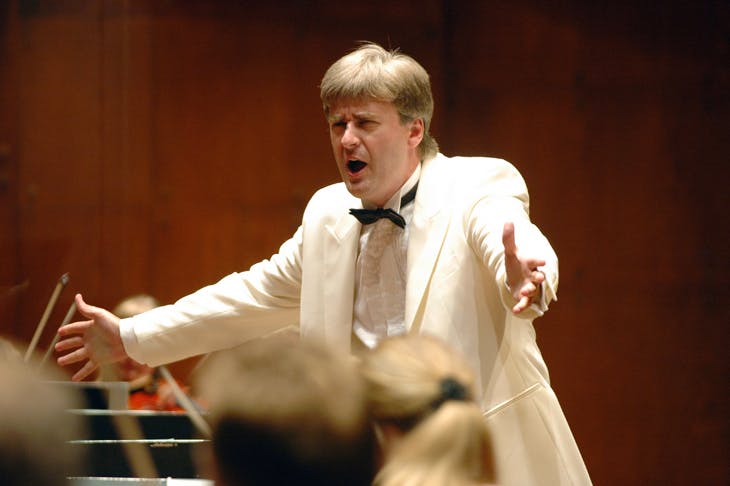
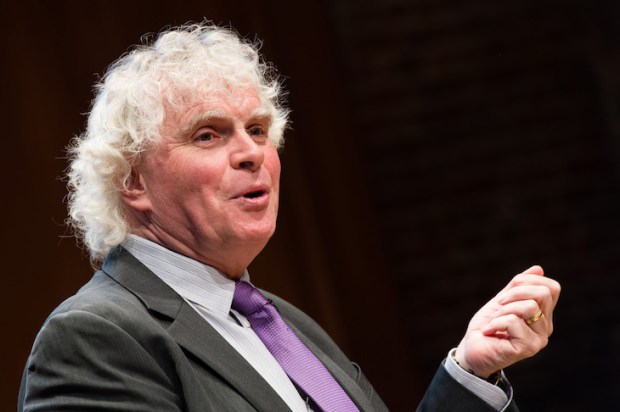
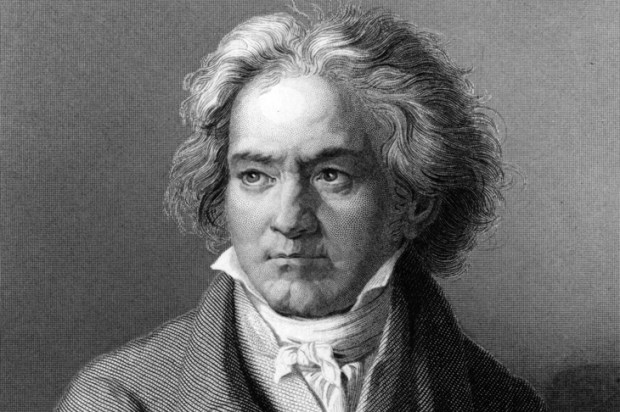
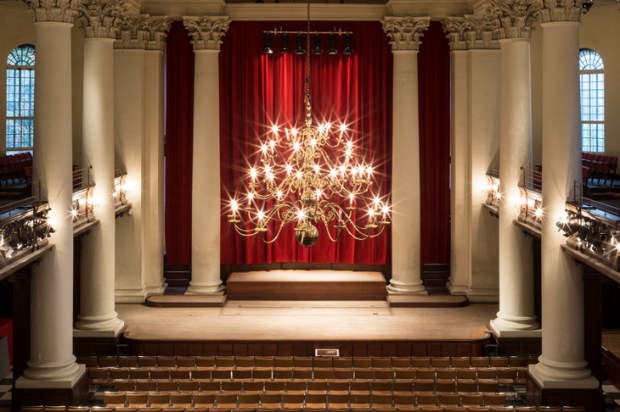
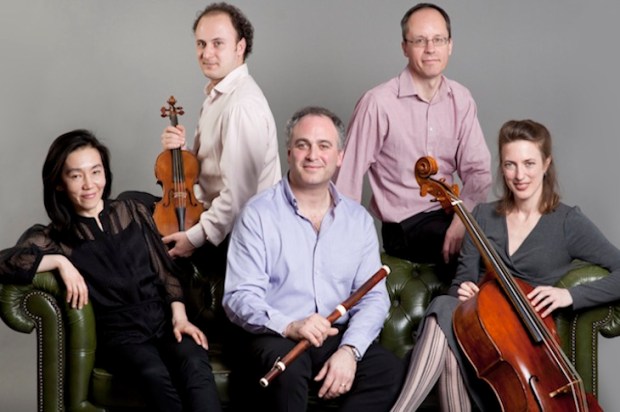
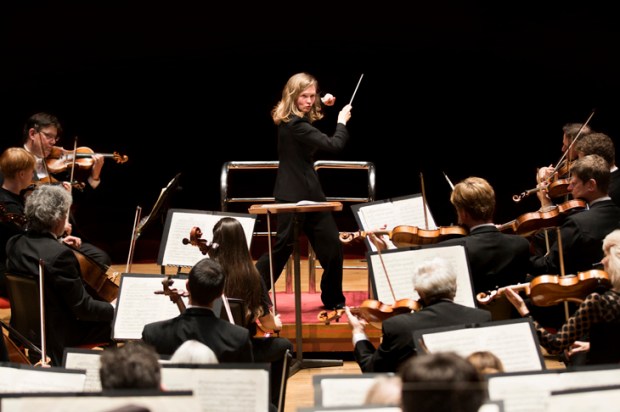
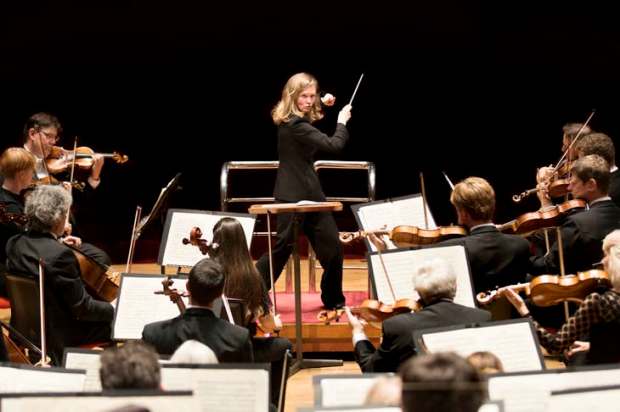






Comments
Don't miss out
Join the conversation with other Spectator Australia readers. Subscribe to leave a comment.
SUBSCRIBEAlready a subscriber? Log in